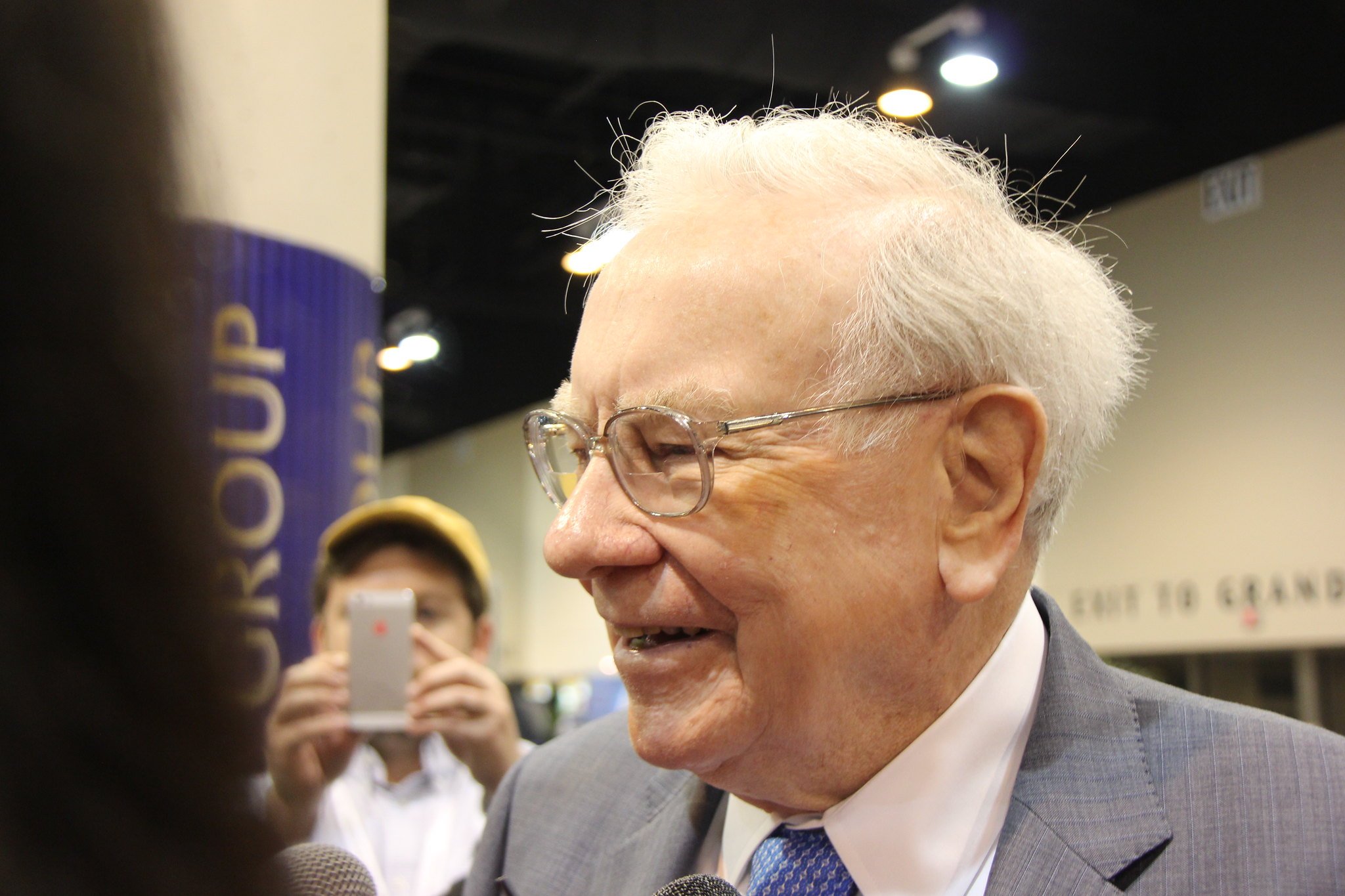Berkshire Hathaway (NYSE: BRK-A) (NYSE: BRK-B) CEO Warren Buffett and Bank of America (BAC +2.45%) chief Brian Moynihan weighed in on the state of the U.S. economy this past week, adding their voices to the multitudes commenting on the outcome of the Federal Open Market Committee meeting, in which the Fed opted to continue with its bond-buying strategy for the foreseeable future.
The two spent time chatting with CNBC before heading off to Georgetown University to speak at the Global Enterprise Initiative, an event co-sponsored by Bank of America. During that interview, three key points came up regarding the Fed and its policies -- as well as the economy overall -- that I believe bear repeating.
1. The economy is crawling, not racing, toward recovery.
Buffett noted that, while QE3 has not had a detrimental effect on the economy, it likely hasn't worked as well as the Fed thought it would. He sees the economic recovery as steady, but very slow, over the past four years, and doesn't seem to see signs of a speed-up any time soon.
Moynihan agreed, noting the chilling effect that a rise in interest rates had on the mortgage business. A continuation of QE3 could bring those rates back down, giving a boost to housing and other industries. As the Fed waits for unemployment to improve, he inferred, support is still needed for an economy that is still unable to absorb jolts like the hike in long-term rates.
2. People read the Fed's intentions incorrectly. Moynihan noted that, despite an increase in consumer spending this month of 5% to 6%, economic indicators are not moving at a pace commensurate with a tapering of QE3. Despite the clarity with which the Fed communicated its plan to begin exiting the bond-buying program, people still got it wrong. He attributed this partly to a misunderstanding of the importance to the Fed of the still-high unemployment rate, as well as to some sort of recession-induced fatigue. People simply want to think things are better than they are, and some feel that the Fed may use tapering to boost the economy -- when in fact, the Fed was clear that the taper won't start until the economy is healthy enough to withstand it.
3. Continuity at the Fed is important right now. While Moynihan offered no opinion on a question regarding his choice for the next chair of the Federal Reserve, Buffett was forthright: Bernanke should stay.
His reasons are clear. Bernanke's policies have gotten the economy to where it is today, albeit slowly. Buffett observed that the stimulus program has only put into play part of the plan, the bond-buying portion. The government has a large stash of these bonds, $3.5 trillion as of last count.
Buffett noted that the government may well decide to hold on to this stockpile for years, but felt that Bernanke should stay on for a while longer and have a leadership role in deciding how to handle the end game.
Of course, Buffett is aware this scenario probably won't happen. But, given he bluntly stated that failing to agree on a plan to increase the national debt ceiling would be "pretty damn dumb," mincing words isn't his style. And for an investing world that hangs on his every utterance, that's just fine.








